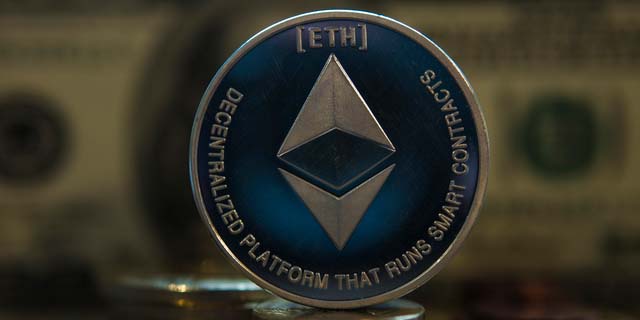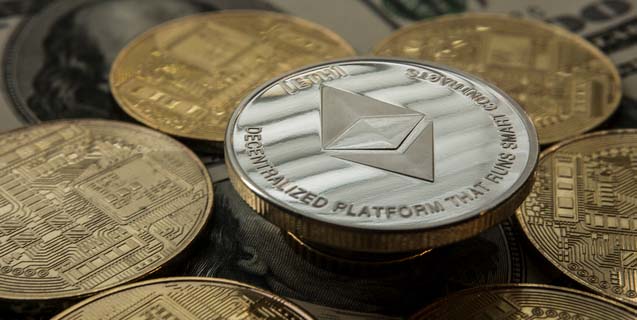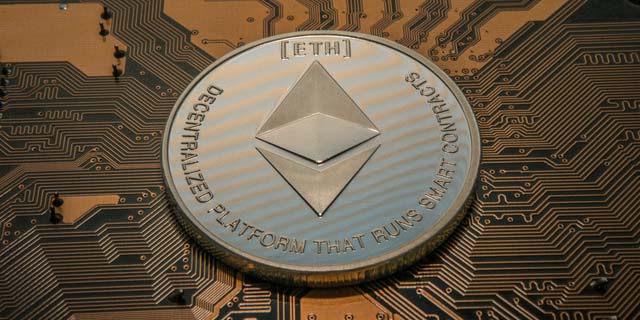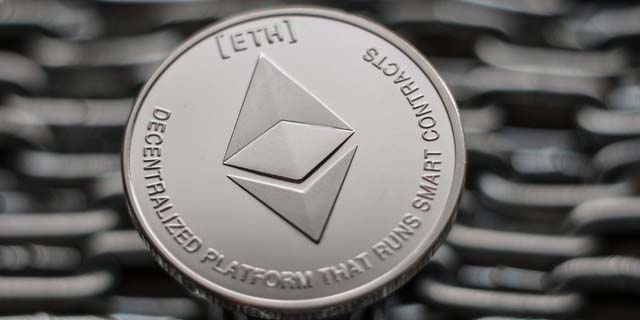
The history of the Llsd_ethereum Compoundv3balancer_wsteth_weth token is rooted in the evolution of decentralized finance (DeFi) on the Ethereum blockchain. This token represents a liquidity pool that combines Wrapped Staked Ether (wstETH) and Wrapped Ether (WETH) within the Compound V3 protocol, which allows users to lend and borrow assets while earning interest on their deposits. The integration of Balancer's automated market-making capabilities enhances liquidity and efficiency, enabling users to trade between wstETH and WETH seamlessly. As DeFi continues to grow, such tokens exemplify the innovative financial instruments emerging from the Ethereum ecosystem, providing users with more options for yield generation and asset management. **Brief Answer:** The Llsd_ethereum Compoundv3balancer_wsteth_weth token is a product of the DeFi landscape on Ethereum, combining wstETH and WETH in a liquidity pool within the Compound V3 protocol, enhanced by Balancer's market-making features for efficient trading and yield generation.
The Llsd_Ethereum Compound V3 Balancer with wstETH and WETH offers several advantages and disadvantages for users in the decentralized finance (DeFi) space. On the positive side, this liquidity pool allows for efficient capital utilization, enabling users to earn yield on their staked assets while maintaining exposure to both wrapped staked Ether (wstETH) and wrapped Ether (WETH). The automated market-making mechanism can provide better price stability and lower slippage for traders. However, there are also notable disadvantages, including impermanent loss, which can occur when the price of wstETH and WETH diverges significantly. Additionally, the complexity of managing multiple assets and the potential risks associated with smart contract vulnerabilities may deter less experienced users. Overall, while the Llsd_Ethereum Compound V3 Balancer presents opportunities for yield generation, it requires careful consideration of the associated risks. **Brief Answer:** The Llsd_Ethereum Compound V3 Balancer with wstETH and WETH offers efficient capital utilization and potential yield generation but comes with risks like impermanent loss and smart contract vulnerabilities, making it suitable for experienced users.


The challenges associated with Llsd_ethereum Compoundv3balancer_wsteth_weth primarily revolve around liquidity management, smart contract vulnerabilities, and market volatility. As a complex DeFi protocol that combines elements of lending, liquidity provision, and yield farming, users must navigate the intricacies of multiple assets, including staked ETH (wstETH) and wrapped ETH (WETH). The risk of impermanent loss is heightened when providing liquidity in volatile markets, potentially leading to reduced returns for liquidity providers. Additionally, the reliance on smart contracts introduces the possibility of bugs or exploits, which can jeopardize user funds. Effective governance and risk management strategies are essential to mitigate these challenges and ensure the stability and security of the protocol. **Brief Answer:** The challenges of Llsd_ethereum Compoundv3balancer_wsteth_weth include liquidity management, smart contract vulnerabilities, and market volatility, which can lead to impermanent loss and potential fund risks. Effective governance and risk management are crucial for addressing these issues.


If you're looking to find talent or assistance regarding the "Llsd_ethereum Compoundv3balancer_wsteth_weth" project, it's essential to tap into communities and platforms that specialize in decentralized finance (DeFi) and Ethereum-based projects. Engaging with forums like GitHub, Discord channels, or specialized DeFi communities on Reddit can connect you with developers and enthusiasts who have experience with Compound V3, Balancer, and wrapped staked ETH (wstETH). Additionally, consider reaching out to freelance platforms where blockchain developers offer their services, as they may have the expertise needed for your project. **Brief Answer:** To find talent or help with "Llsd_ethereum Compoundv3balancer_wsteth_weth," engage with DeFi communities on platforms like GitHub, Discord, and Reddit, or explore freelance sites for blockchain developers with relevant experience.
Easiio stands at the forefront of technological innovation, offering a comprehensive suite of software development services tailored to meet the demands of today's digital landscape. Our expertise spans across advanced domains such as Machine Learning, Neural Networks, Blockchain, Cryptocurrency, Large Language Model (LLM) applications, and sophisticated algorithms. By leveraging these cutting-edge technologies, Easiio crafts bespoke solutions that drive business success and efficiency. To explore our offerings or to initiate a service request, we invite you to visit our software development page.




TEL:866-460-7666
EMAIL:contact@easiio.com
ADD.:11501 Dublin Blvd. Suite 200, Dublin, CA, 94568